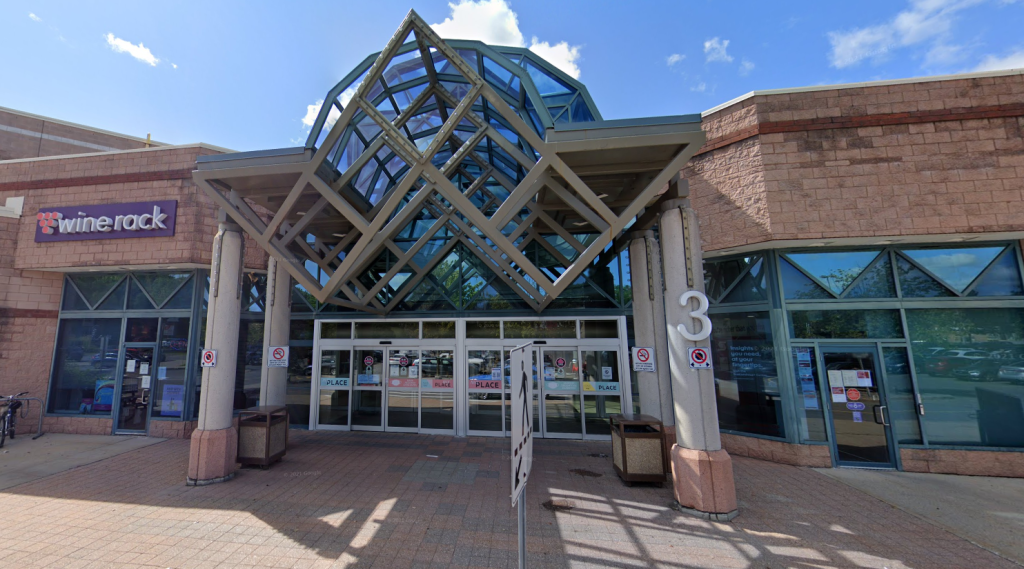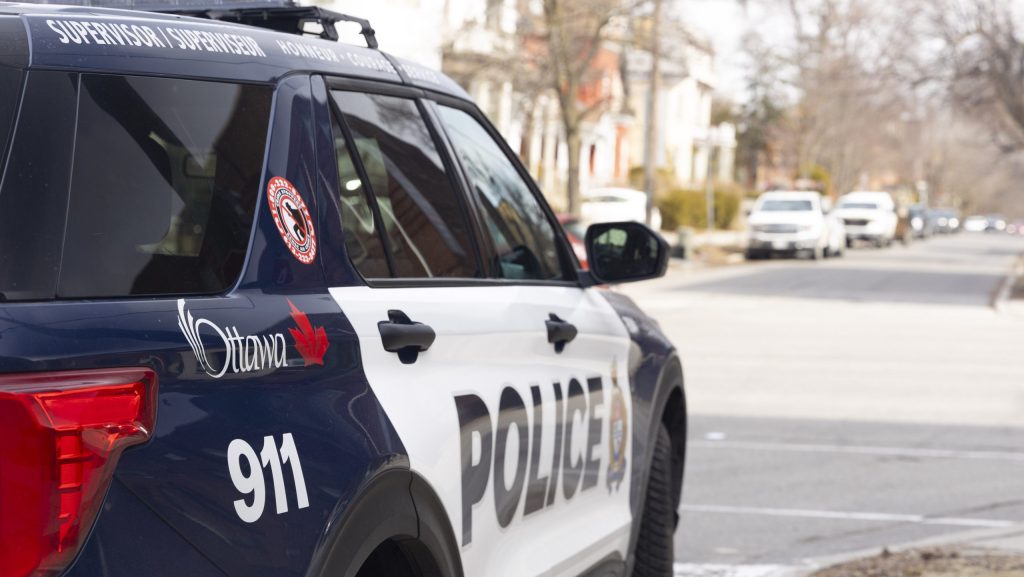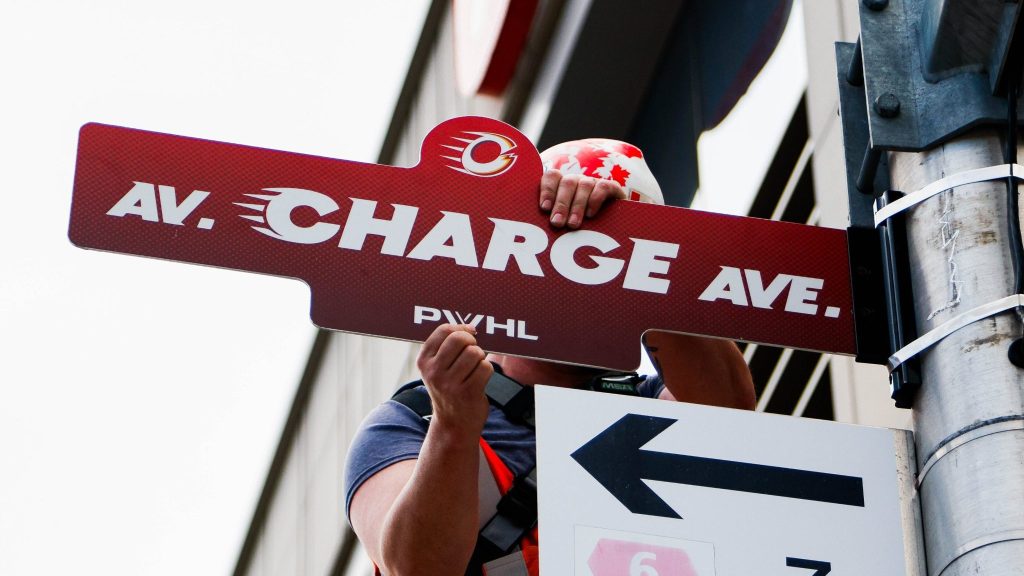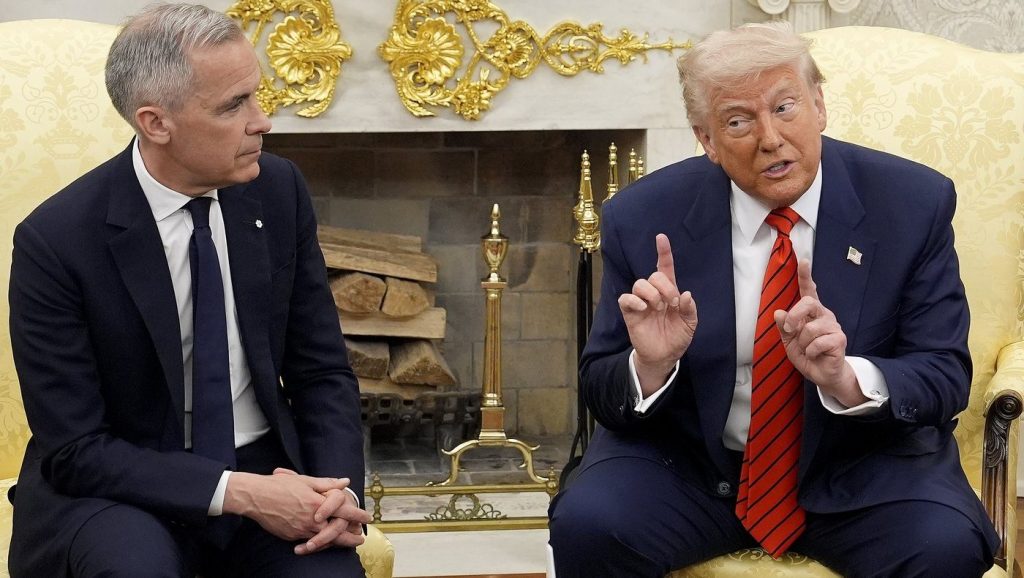Calls for hotline in Canada grow louder as U.S. launches 9-8-8 mental health line
Posted Jul 19, 2022 02:00:00 AM.
Calls are growing louder for Canada to quickly establish a three-digit suicide hotline — similar to 9-1-1 –, but instead of being directed to police, people in crisis would be connected to mental health professionals.
This national hotline has been in the works for a couple of years, but some experts say it’s not happening fast enough.
Canada has the third highest suicide rate in the industrialized world, according to Youth Mental Health Canada. More than 10 people die by suicide every day on average, and every year, 446 are between the ages of 10 and 24.
“We don’t talk about suicide prevention enough. We talk about mental health and wellness, supporting mental health and wellness. But when you don’t provide the support, the result might be suicide attempts or suicide loss. And so this is necessary,” said mental health expert Sheryl Boswell.
“We need national leadership in this. We need national cohesion and comprehensive ways of working together. We don’t have a national suicide prevention strategy. We don’t have a national youth suicide prevention strategy, and a 9-8-8 number would be dedicated to mental health.”
Over the weekend, 9-8-8 was launched in the U.S., a three-digit number available to every American needing mental health support. It’s designed to be as easy to remember and use as 9-1-1, but instead of a dispatcher sending police, firefighters, or paramedics, 9-8-8 will connect callers with trained mental health counsellors.
In Canada, a 1-800 number crisis line called Talk Suicide Canada is open 24/7, but Boswell said accessibility needs to be simplified.
“When people have a health crisis, they should not have to be detectives for their health care, and that’s what often happens,” said Boswell.
“The 4-1-1, 3-1-1, and 2-1-1 [numbers], all of those were created for the very reason of access to information and access to support. We need to do the same with mental health or social justice issues, all life issues impacting mental health and wellness.”
The House of Commons unanimously voted to create this national lifeline in 2020. For more than a year, it’s been in the hands of the Canadian Radio-Television and Telecommunications Commission (CRTC).
Since then, the CRTC has been conducting public consultations and evaluating how the number could be introduced. Health Canada said it’s expecting a decision later this year, and it’s currently trying to estimate demand for the hotline.
“I think the pandemic made it clear that joblessness, homelessness and food insecurity, all of these issues impact your mental health and wellness,” said Boswell. “Now, it’s up to us to follow the lead and provide a service that can better meet the needs of people in Canada.
Boswell said Ottawa still needs to announce funding for this hotline, and she’d like to see training and hiring underway as soon as possible.
“We have the leadership; we need the funding. We need a way of working with all of our partners across provinces and territories to make this happen.”
Dr. Allison Crawford, chief medical officer at Talk Suicide Canada and psychiatrist at Centre for Addiction and Mental Health, told The Sam Laprade Show with guest host Derick Fage on Monday, July 25 that a three digit number would provide an easy point of access to timely care with trained responders.
“There is evidence that it is helpful to speak with responders who are trained in mental health and suicide related crisis,” she said.
Listen to the full interview with Dr. Allison Crawford below:
With files from The Canadian Press.








